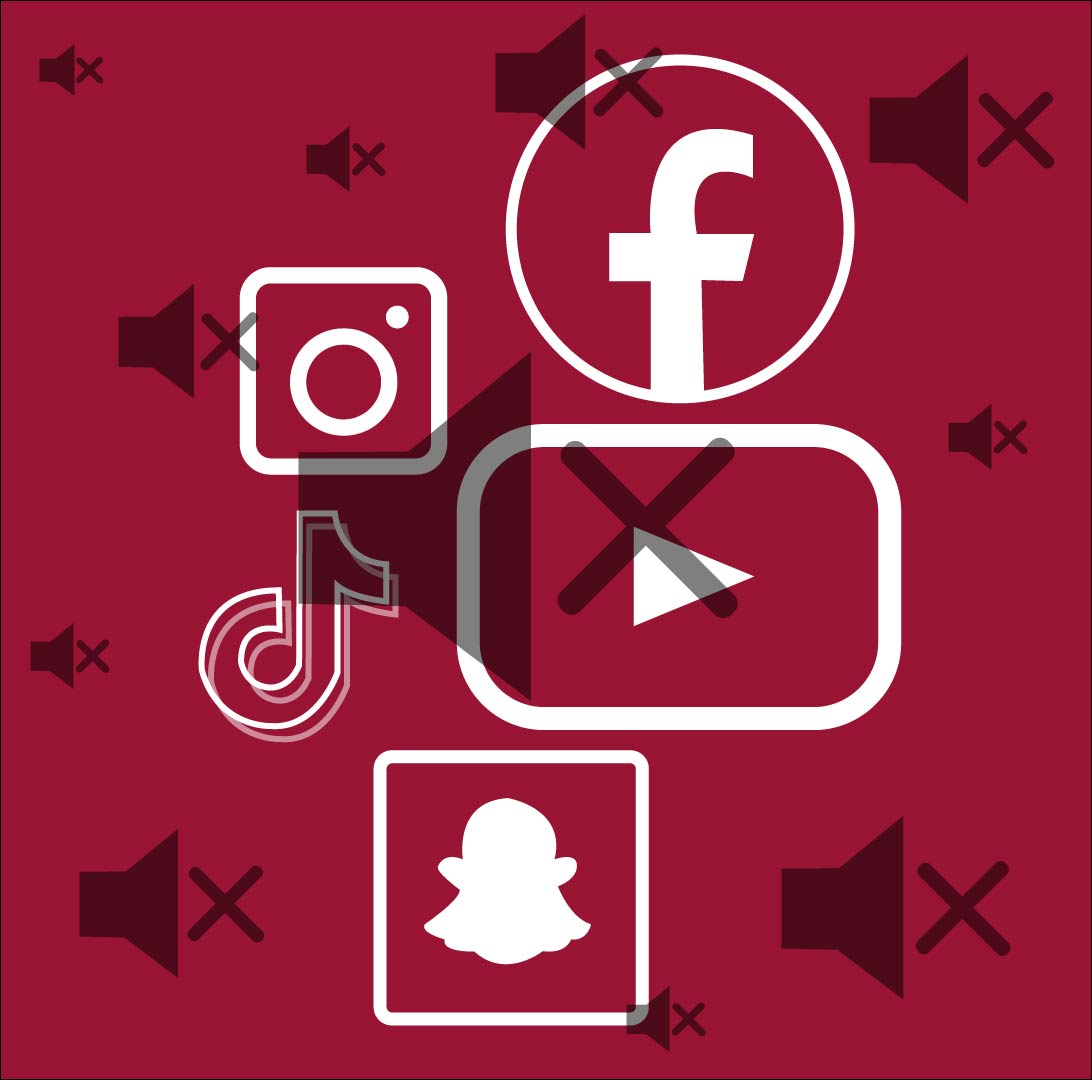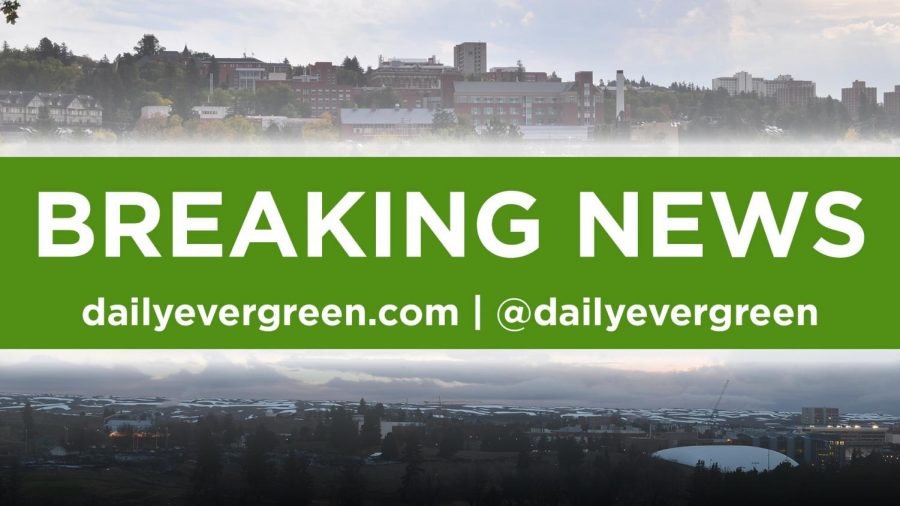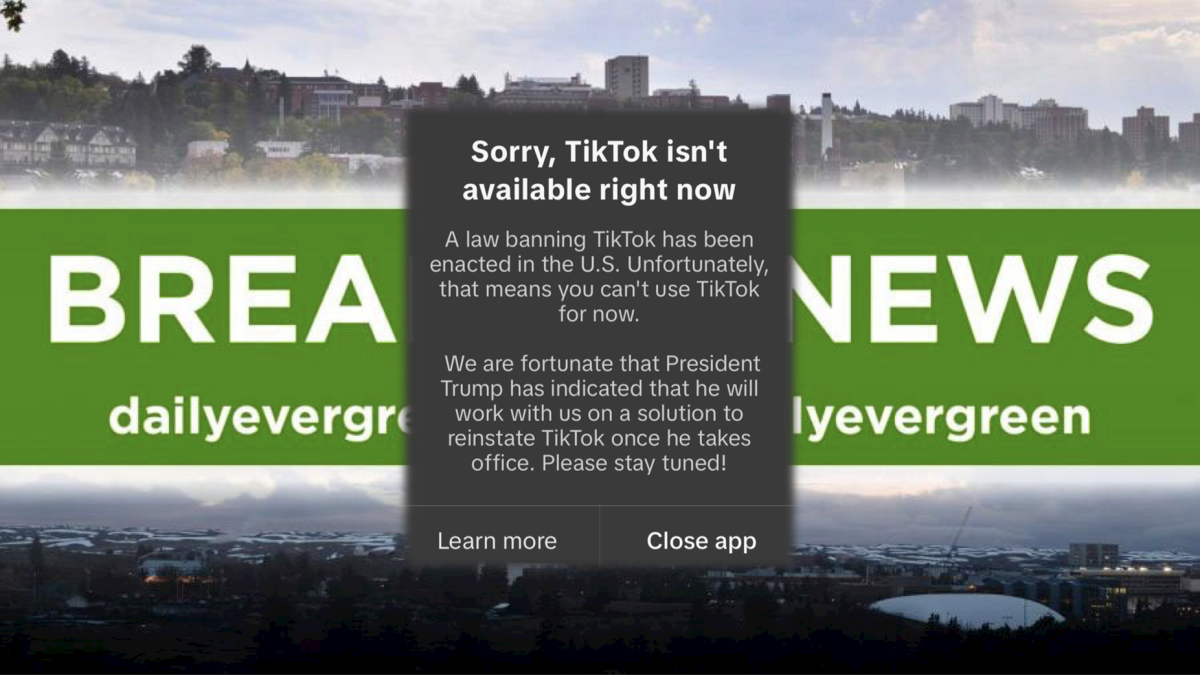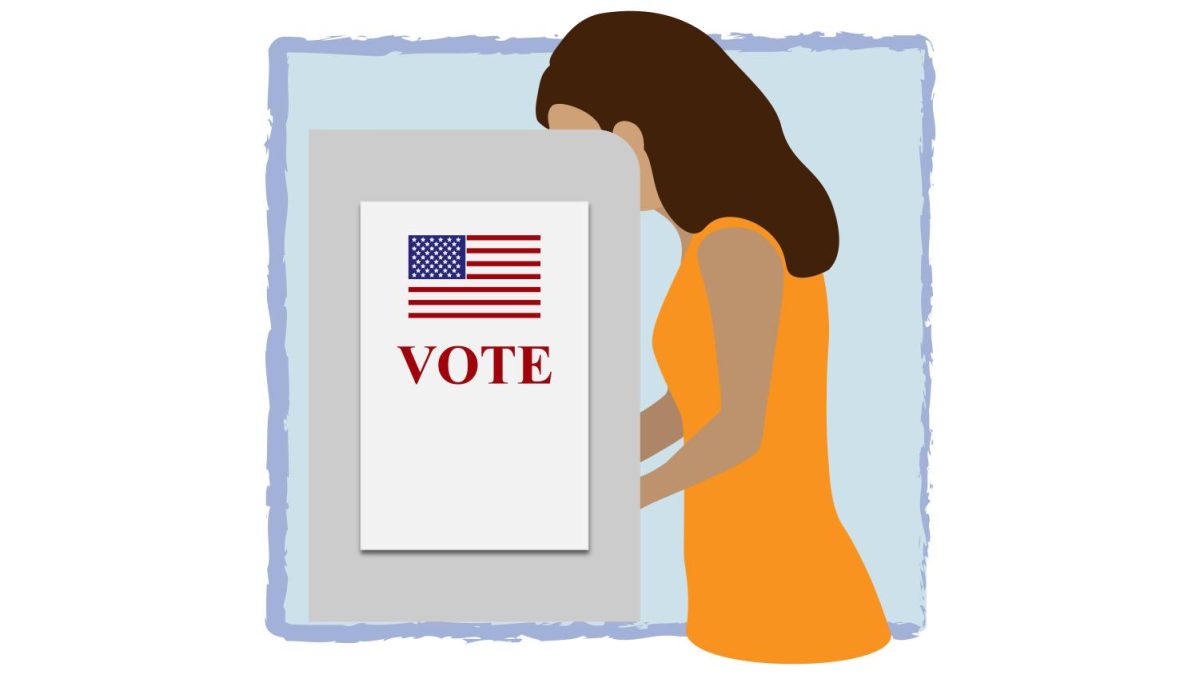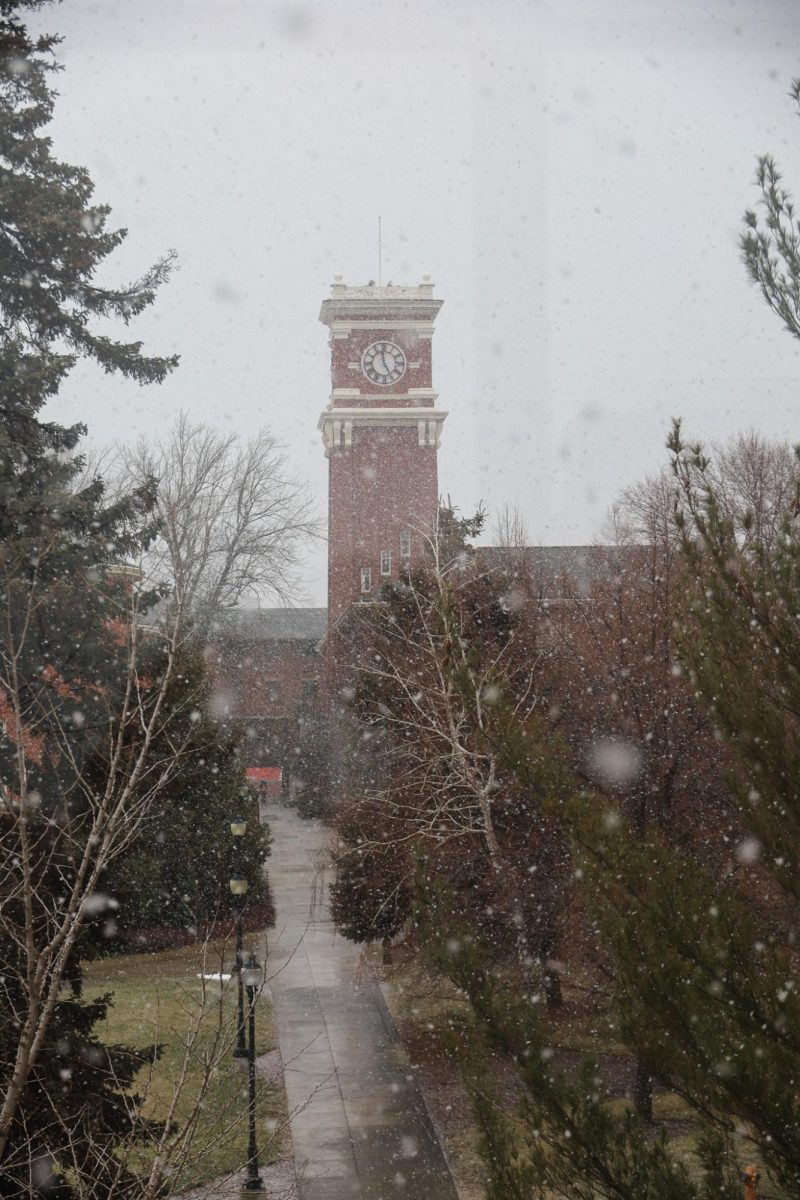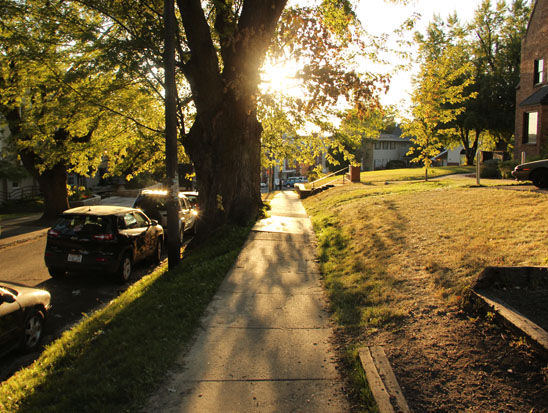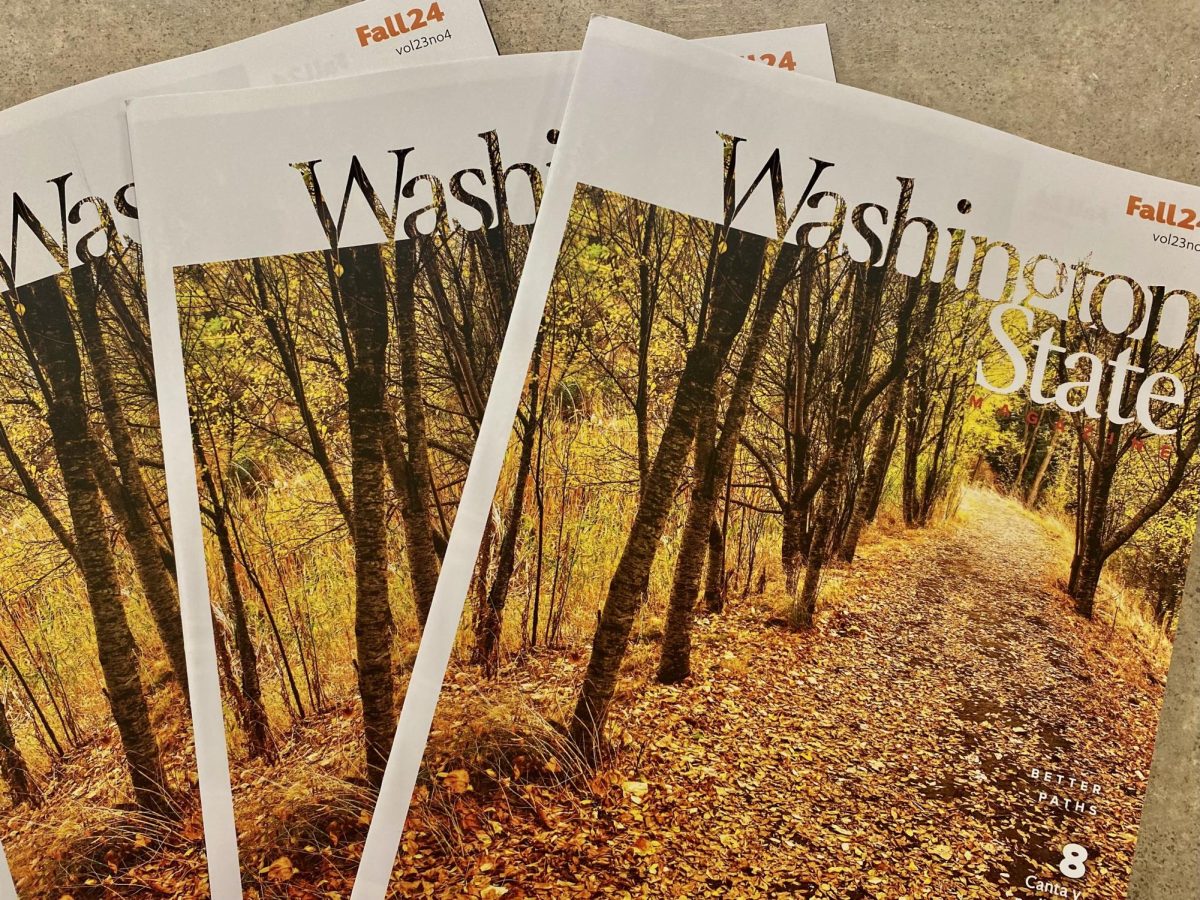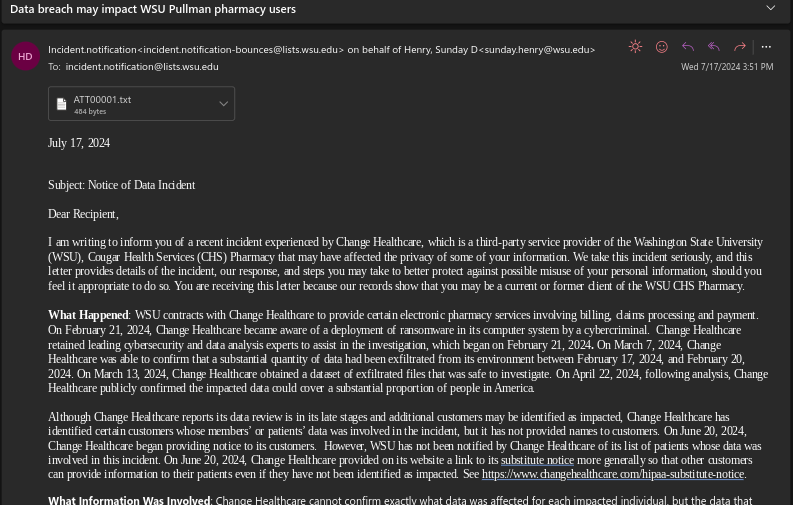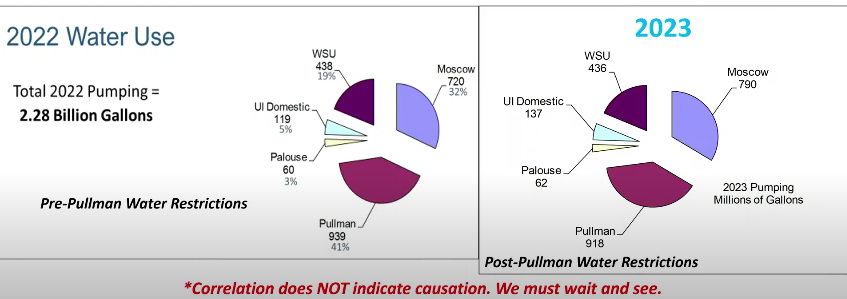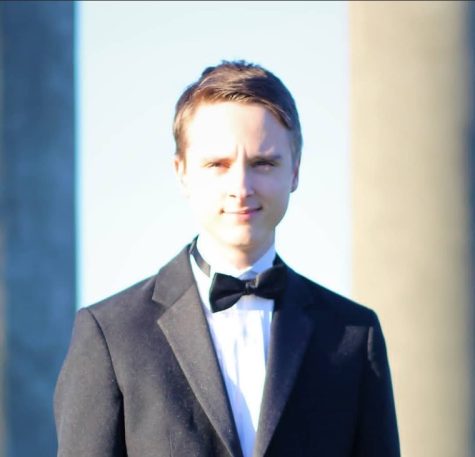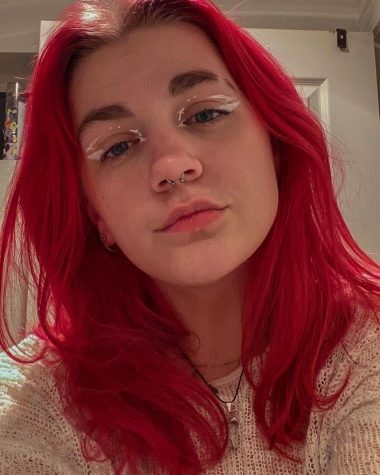With two Supreme Court cases making the rounds and WSU Athletics blocking a student, the limitations of universities abilities to restrict fee speech on social media are in question.
Hannah Martian (they/she), second-year master sport management student, said they initially became involved with the WSU Athletics Twitter account after seeing a notice on searching for student interns.
“I was just interested to see if this internship was paid and if things have changed over there overall. I asked, ‘Is this a paid opportunity?’” Martian said. “Probably 20 minutes later I received a lengthy direct message from their social media coordinator from his personal account.”
Martian said the message was condescending towards them and implied they did not have the skills necessary to do the internship listed. They did not understand why they would send such a message when they had never interacted in the past.
“I didn’t know why he was DMing me so condescendingly when a simple reply of ‘no’ from the athletics account would have sufficed,” Martian said. “It just was very strange that I was in this position. I don’t think it was acceptable of him to DM me at all or say any of that or make assumptions that I didn’t know what I was talking about or I didn’t work in sports or I didn’t understand sports internships.”
Martian said they responded to them and said they did have the skills needed to do the internship and they feel unpaid internships should not exist.
“Bold of you to assume I wouldn’t be able to run socials for athletics, because I would be,” Martian’s response read in part. “People like you with this mindset are exactly why the sports landscape is so fucked and only kids with privilege will ever make it.”
Martian said they were blocked from the social media coordinator’s personal social media account and the WSU Athletics accounts.
“I’m a student and I pay my SA fees which go to athletics. I would like to know what’s going on with WSU Athletics. I go to a lot of events,” they said. “I’m in the sport management program, so not being able to access that information was very upsetting.”
Haley Gluhanich, program officer in the campus rights advocacy department of the Foundation for Individual Rights and Expression, said the issue of the limitations on public university run social media accounts to block or restrict individuals is making its way through the courts.
“The Supreme Court is actually going to hear arguments for two different cases pertaining to this issue this upcoming term. We don’t have hard distinct case law on this yet, but it’s developing,” Gluhanich said. “Public institutions are bound by the First Amendment since they are technically governmental entities.”
These two court cases are Lindke v. Freed and O’Connor-Ratcliff v. Garnier. While neither of these cases involve universities, their outcomes will impact an institution’s ability to regulate comments/access to its pages.
Gluhanich said the Campus Rights Advocacy department of FIRE writes letters to universities and colleges who are potentially violating students’ or professors’ First Amendment rights and engages in advocacy measures to make sure institutions are complying with their constitutional obligations. Broadly speaking, if a public university has a publicly accessible social media page that is realted to its official duties, it can not restrict individuals based on their views.
“It’s similar to when a school president is giving a public speech and he ends that speech with a Q&A session. That president can’t stop someone from asking a question because that question is critical of what he said in his speech,” she said. “You can’t block someone because [their speech is] critical of the school or critical of the university’s president or a dean at the university or a professor at the university.”
However, the issue is not completely black and white. Private institutions have more flexibility when it comes to blocking people, due to not being bound by the first amendment, she said. But in any situation where a school blocks someone, it will reflect poorly on the institution.
Gluhanich said even though your speech is put onto a social media platform, it does not remove any of the protections you would have when speaking out loud. However, the Supreme Court’s decisions on the issues that will influence free speech on social media are currently still developing.
Martian said they ended up contacting Bill Stevens, senior associate athletics director, who replied quickly with an apology and said they would be unblocked from the WSU Athletics account.
No later than Tuesday the following week, they were unblocked on the WSU Athletics account, Martian said.
“It was an error on our part to block [Martian] from our social media page,” Stevens said. “We reached out to apologize and the block was quickly reversed.”
Martian said they received an apology from the social media manager, but they did not believe it was sincere, in part due to its brevity (two paragraphs long) and spelling and grammar mistakes.
“I didn’t really get the feeling that he was sorry about what transpired and was more yelled at by his boss and told he had to do so,” they said. “He had apologized for his ‘choice of words’ and if they made me ‘feel disrespected,’ I kind of felt it was sidestepping the issues. Then he said he hoped to see me at an athletics event, and he didn’t sign it with his name, he just said, ‘Go Cougs.’”
Martian said they have worked 400 hours for athletics and marketing, with 90 being compensated with class credit and none of them being paid. They believe that unpaid internships should not exist, but their biggest problem with the situation was the social media manager’s response, not the internship not being paid.
“Instead of just saying, ‘No, this isn’t a paid opportunity,’ he felt he had to reach out and explain sports internships to me and how they work and the skills you would need to fill such a position,” they said.

